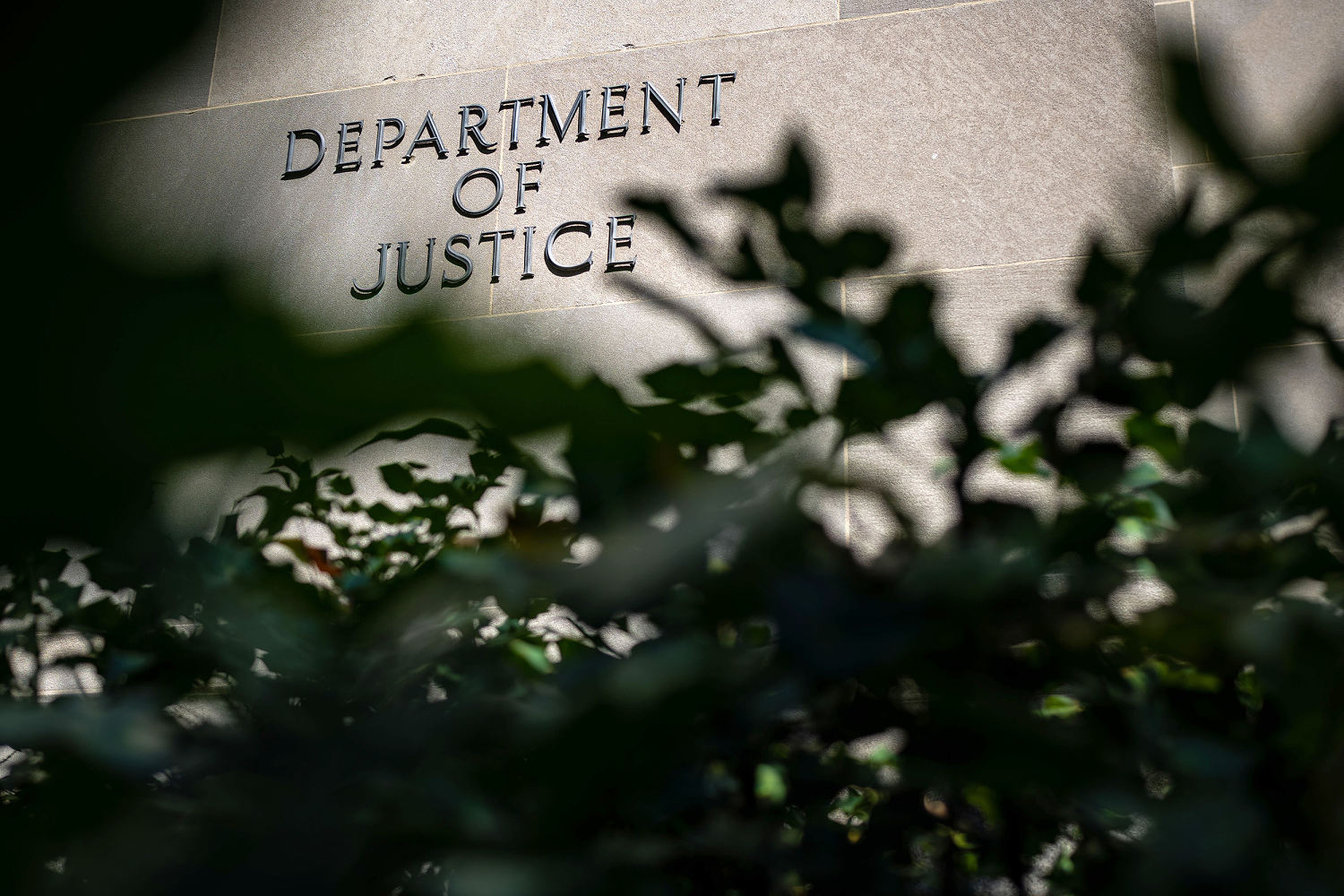
In a heated exchange Tuesday, a federal judge pressed the Justice Department on an executive order from President Donald Trump that directed the military to stop using preferred pronouns, arguing there was no link between pronouns and military readiness.
U.S. District Judge Ana C. Reyes had asked the Justice Department to explain to how pronoun usage would impact military readiness during a hearing on Trump’s order.
“I don’t—” said Justice Department attorney Jason C. Lynch, before the judge interrupted him.
“Because it doesn’t,” Reyes said. “Because any common sense rational human being understands that it doesn’t.”
Reyes, who was appointed to the bench by former President Joe Biden in 2023, also challenged Lynch to find a commissioned military officer who would testify that using preferred pronouns diminished military readiness.
She went on to say the notion that anyone in the military is affected by having to use someone else’s preferred pronouns is “ridiculous.”
A group of transgender service members and prospective service members sued to block Trump’s order last month banning transgender people from enlisting or serving in the military.
The order also directed the Defense Department to “end invented and identification-based pronoun usage,” and to bar those assigned male at birth from using facilities reserved for women in the armed forces.
In an amended complaint filed this month, the plaintiffs had argued that Trump’s order “confers no authority on the Secretary of Defense to depart from this directive,” and that as a result, “no service members who are transgender may enlist or continue their military service.”
The Justice Department contended on Tuesday that the Pentagon had discretion to formulate policy that didn’t automatically ban all people with gender dysphoria from serving.
“I don’t think the secretary of defense has as lot of ambiguity in his mind as to what the executive order clearly requires,” Reyes said, referring to Pete Hegseth’s move to immediately pause all accessions for those with a “history of gender dysphoria” and any planned gender transition-related procedures.
During another heated back-and-forth with the Justice Department attorney, Reyes also said Trump’s order is “arguably rampant with animus.”
She quoted parts of the order and asked Lynch if he considered those descriptions of transgender people to be demeaning. He sidestepped and did not directly answer.
The plaintiffs had argued in their lawsuit that “Rather than being based on any legitimate governmental purpose, the ban reflects animosity toward transgender people because of their transgender status.”
The parties are scheduled to reconvene Wednesday, but Reyes has said she will not rule on the matter until the Pentagon releases a report expected next week detailing plans to revise its policies to comply with Trump’s order.
Another hearing is slated for March 3, after the report’s release.
In 2017, Trump announced a military ban barring openly transgender people from enlisting. Several federal judges blocked the policy from taking effect after GLBTQ Legal Advocates & Defenders and the National Center for Lesbian Rights, the same legal groups representing plaintiffs in the current case, filed a lawsuit.
The judges said at the time that the policy likely qualified as unconstitutional discrimination and rejected the administration’s military readiness claims. In 2019, the Supreme Court allowed the policy to be implemented while legal challenges played out in lower courts.








